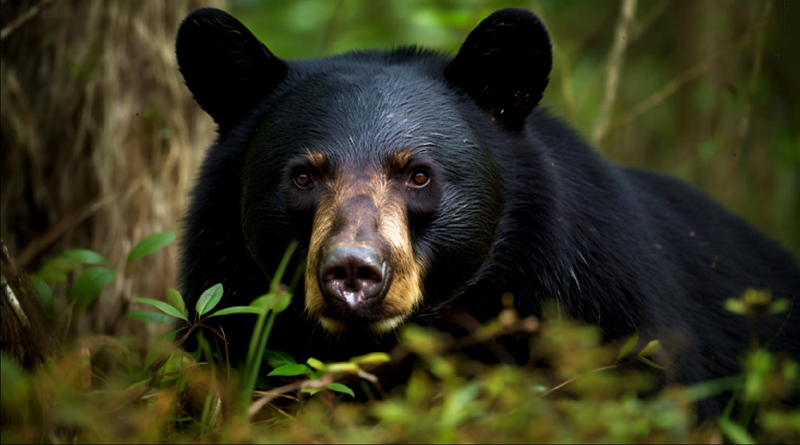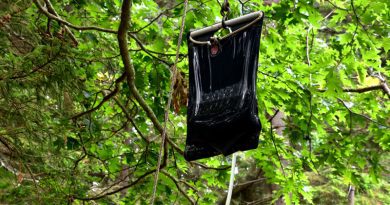
The Rise of Bear Activities in Western North Carolina’s National Forests
In the quiet expanses of western North Carolina’s national forests, a subtle shift in the natural order has brought a pressing concern to the forefront: the increasing encounters between humans and bears. The U.S. Forest Service has issued an advisory for visitors to the Pisgah and Nantahala national forests following a surge in bear activities, signaling a critical point for wildlife management and camper safety.
The Growing Presence of Bears
The tranquility of the forests, usually interrupted only by the sound of rustling leaves and distant bird calls, has seen a different kind of disruption. Reports from concerned campers about bears tearing down food bags hung from trees, carrying off backpacks, and lingering around campsites for hours have become increasingly common. These encounters are not just passing interactions; bears have shown a persistent disregard for human efforts to scare them away, suggesting a shift in their behavior and perception of humans as potential sources of food.
Incidents and Warnings
This uptick in bear presence was notably marked around Memorial Day weekend, predominantly in the ranger districts of Pisgah, Appalachian, and Nantahala. The U.S. Forest Service’s warning underscores a growing unease. While no injuries were reported during these encounters, the proximity of bears to human visitors holds a latent threat—the potential for aggression.
Historically, the region has witnessed its share of bear-related incidents. In June of the previous year, aggressive bear behavior prompted a temporary ban on camping along certain stretches of the Appalachian Trail. More somberly, North Carolina’s most recent fatal bear attack occurred in 2020, when a visitor from Illinois was killed while camping in the Great Smoky Mountains National Park. Additionally, a couple suffered injuries from a bear last September while they were enjoying a picnic along the picturesque Blue Ridge Parkway.
Understanding and Adaptation
The reasons behind this increase in bear encounters are multifaceted. Environmental changes, an increase in both the bear and human populations, and perhaps even shifts in the availability of natural food sources could be contributing factors. Whatever the causes, the result is a need for heightened awareness and preparedness among forest visitors.
Safety Measures and Precautions
In response to these challenges, the U.S. Forest Service and wildlife experts urge campers and hikers to adopt stringent food storage practices. Traditional methods like hanging food bags from trees, once deemed sufficient, are now under scrutiny. More robust measures, such as bear-proof canisters and avoiding cooking and eating in sleeping areas, are recommended to minimize odors that attract bears. Additionally, visitors are advised to maintain a clean campsite and handle all food items with care to avoid leaving residues or odors that could lure wildlife.
Looking Ahead
As we tread softly on the paths winding through the forests of Pisgah and Nantahala, the need for coexistence with the natural inhabitants becomes clear. The wildness of these landscapes, which serves as a reminder of the delicate balance between human activity and wildlife conservation, is equal to their beauty. Through education, preparation, and respect for wildlife guidelines, visitors can help ensure that these forests remain safe and enjoyable for all who seek their solace and splendor.
In essence, as we venture into the heart of North Carolina’s national forests, we are not just visitors but stewards. It is our responsibility to respect the wildlife and heed the lessons that these bear encounters teach us, ensuring that our stories do not become cautionary tales but narratives of coexistence and mutual respect.






